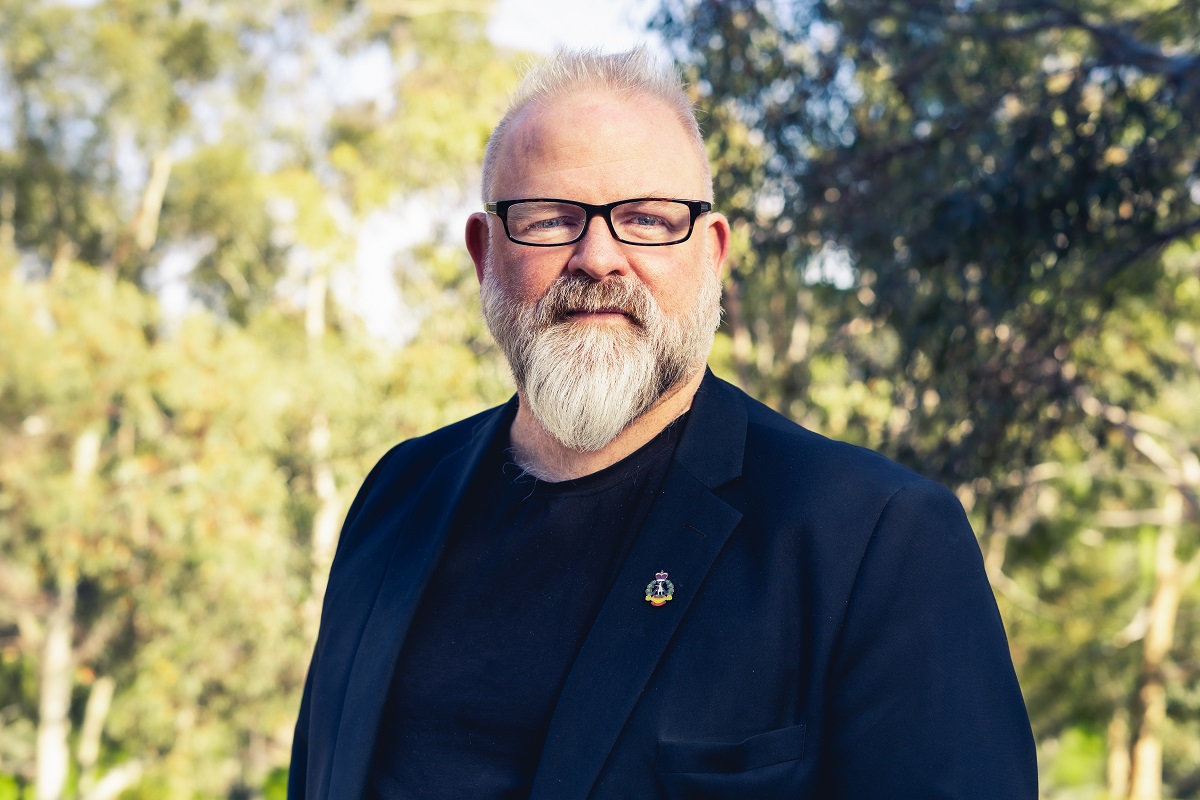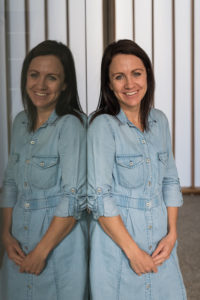
Associate Professor Ben Wadham, Director of the Open Door: Veteran Transition Integration and Wellbeing program at Flinders University, has been invited to be the Australian representative on a Northern Atlantic Treaty Alliance (NATO) research task group considering domestic radicalisation prevention and intervention practices of NATO members as applied to service members and veterans.

Initially restricted to NATO member counties, affiliated countries such as Australia are now able to participate in research task groups, with only two other Australian researchers so far invited to join in the past seven years. The project will continue for about 18 months and requires travel to Paris, France, in early June for one week to attend the initial project meeting.
In another project, Associate Professor Wadham and Professor Emma Thomas, together with colleagues from the University of Adelaide and University of New South Wales, have been awarded $153,834 for the “Mapping Service and Transition to Self-harm and Suicidality” project for the Defence and Veteran Suicide Royal Commission.
The project draws upon 95 existing interviews on institutional abuse and veteran suicides and will conduct another 37 interviews with veterans who have attempted suicide and veterans in correctional facilities.
The sociological autopsy methodology is used to map the life course of the veteran and detail their challenges with the ADF medical and justice systems. Software Receptiviti will also be used to computerise natural language processing to look at how patterns of language use are related in the interview data.
A proud veteran, these recent achievements follow on from Associate Professor Wadham providing evidence to Australia’s Royal Commission into Defence and Veteran Suicide, after which he was invited to join the Collaborative Research Network on Transforming Military Cultures, an initiative supported by the Canadian Department of National Defence.
This collaborative network brings together the voices of critical scholars, practitioners and those with lived experience, both in Canada and around the world, to address the challenges facing military culture, such as the prevention of systematic racism and sexual misconduct. You can read more about the project here.

